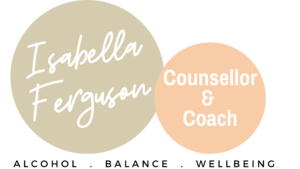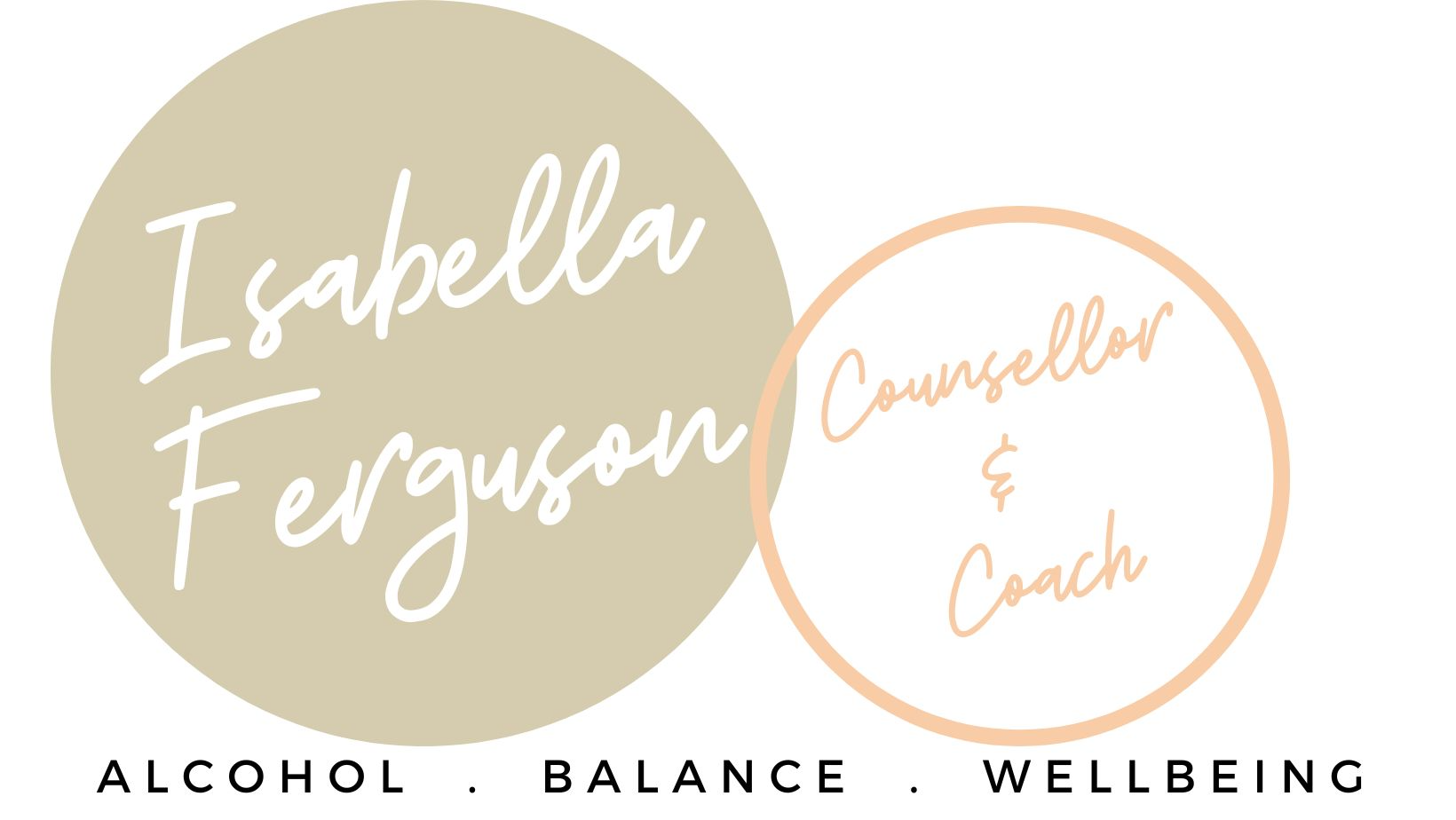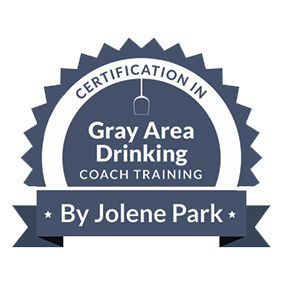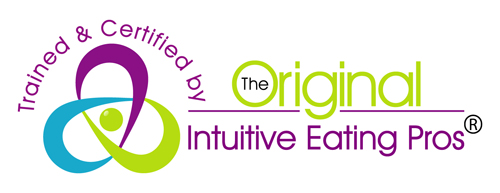Why Moderating Alcohol is so Incredibly Hard to Achieve
In Australian culture, where alcohol is deeply ingrained in everything we do, the concept of moderation can seem deceptively simple. However, for many, moderating alcohol consumption is usually far more challenging than anticipated. This blog delves into the various reasons why achieving moderation can be difficult and offers insights into how to navigate these hurdles.
The top reasons why moderation is difficult
The Illusion of Control: One of the main reasons moderation can be hard is the illusion of control that alcohol can create. You often start with the intention of having “just one drink,” believing you can stop whenever you want. However, alcohol’s ability to impair judgment and lower inhibitions can easily lead to overconsumption. The saying “I can only say no to the first drink” is true for many.
Social Pressures and Norms: Our society often associates alcohol with celebrations, gatherings, and relaxation. As a result, social pressures and norms can make it tough to stick to moderation, especially when surrounded by friends or family who might encourage drinking more than intended. How many of us know a non-drinker? No many and certainly not when we were growing up and developing our beliefs around the role that alcohol plays in society. At a young age we can form the belief that we need alcohol to socialise and fit in just by observing those around us.
The Slippery Slope of Escalation: For moderation to “work”, you really need to only have one or two drinks when you are out. Most people’s idea of moderation is usually much more than this and resembles binge drinking instead. A single drink often leads to another, and before you know it, the line between moderation and excess is blurred. On top of that your tolerance increases and you need more alcohol to get the same buzz.
The All or Nothing Mindset: Many people struggle with an all-or-nothing approach when it comes to alcohol. You might find it challenging to stop at one or two drinks, leading to a sense of defeat and ultimately consuming more than intended.
The Pleasure Principle: Alcohol triggers the brain’s reward system, releasing dopamine and creating a pleasurable sensation. This biochemical response can make it difficult to stop after just one drink. What’s more, dopamine is the brain’s reward chemical, making you believe that you need alcohol to cope.
Emotional Triggers: Emotions play a substantial role in our relationship with alcohol. Stress, sadness, or even happiness can trigger a desire to drink. Using alcohol as a coping mechanism for emotional turbulence can make it exceedingly difficult to stick to moderation goals.
Constant State of Withdrawal: Unlike abstaining from alcohol entirely, moderation involves keeping your body in a constant state of withdrawal. Even with a glass or two, your body needs to get rid of the alcohol in your system to reduce it back down to normal. With that comes a feeling of restlessness and anxiety, uncomfortable feelings which often lead you to want to drink some more to avoid.
Obstructing New Habit Formation: Moderation does not allow the time and space for you to develop new neural pathways that allow new healthier habits to form without alcohol. On top of that you don’t get to experience all the amazing benefits of living alcohol free, such as restorative sleep, improved energy and motivation (and the rest!). This makes the whole process of drinking less even harder to achieve.
Overcoming the challenges
Gaining self-awareness around your personal triggers and drinking habits is the first step. Do you drink when your stressed, or lonely or to calm an agitated nervous system? From there you can begin the process of reframing how you view and respond to alcohol.
Understanding the science of alcohol and what it does chemically to your body is part of the change process and can empower you to seek what you really need elsewhere.
If you are caught in a cycle of trying but failing at moderation, allowing yourself a decent break from alcohol for a period of at least 6 weeks is often the best place to start. This will allow you to evaluate your triggers and degree of reliance on it, establish new healthier habits, gain confidence in your ability to socialise and relax it without it and to reset and recalibrate your system.
Engage extra support
Often it is hard to drink less alcohol on your own and reaching out for additional support to reach your goals can be just what you need to motivate you to succeed.






